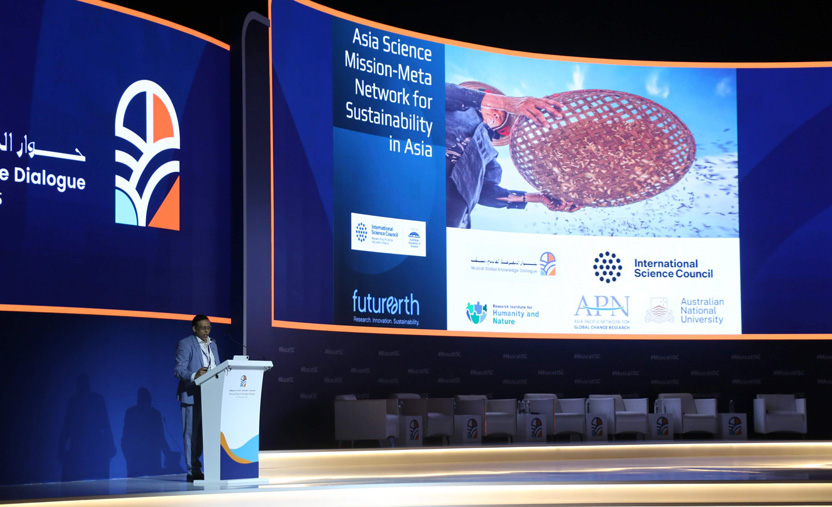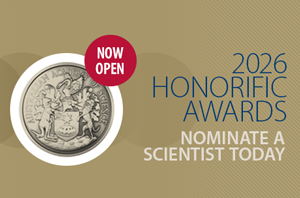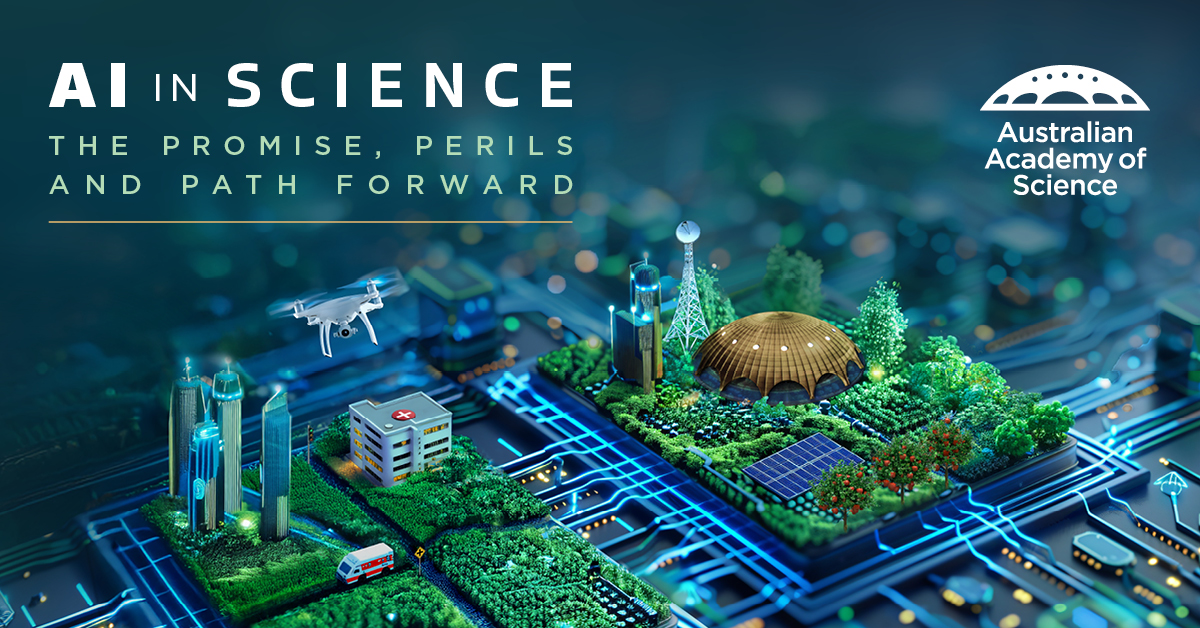

It is broadly recognised that if we are to meet the Sustainable Development Goals (SDGs), a different approach is required that draws on research as well as knowledge held in communities. That is why the International Science Council put out a call for projects that take a different approach that recognises the important interface between science and society.
We are thrilled that in January, the Asia Science Mission for Sustainability was selected from hundreds of submissions to be one of two Global Science Mission pilot programs of the ISC.
The Asia Science Mission for Sustainability is a flagship program of the Academy-led ISC Regional Focal Point for Asia and the Pacific (ISC RFP A-P). Together with myriad stakeholders, it will co-design solutions that reflect the unique needs and priorities of the region. As a first step, the RPF A-P and Future Earth Asia engaged delegates at the 12th Asia-Pacific Forum on Sustainable Development in Bangkok.
The United Nations Economic and Social Commission for Asia and the Pacific (UNESCAP) also supports the need for mission-led science that rethinks how research is conceived, conducted and applied. As such, they invited the Asia Science Mission team to address their recent meeting.
The Regional Focal Point held its first 2025 meeting for members in the Asia-Pacific region in March. During this information and exchange session, members of the ISC secretariat presented key developments regarding the ISC’s work at the global science–policy interface and the Regional Focal Point’s work to ensure the unique needs and priorities of the region are integrated into the global scientific dialogue. View the agenda and recording.
Also this month, the Regional Focal Point hosted the fourth of six social media training modules designed for scientists in the region to build capability in science communication and improve digital storytelling and use of social media platforms. See the recordings of the training modules to date.
The Academy recently made the following submission to government:

Nominate and apply now for the Academy’s 2026 awards and opportunities, including a new award for ICT research.
Our honorific awards recognise outstanding contributions to the advancement of science, and our funding opportunities support scientists to undertake research, travel and lectures.
Nominations for 2026 honorific awards close 1 May 2025.
Applications for 2026 funding opportunities close 1 June 2025.
Keep abreast of the Academy Fellowship in the Fellows update:
If Fellows have been recognised with an award, please let us know via fellowship@science.org.au so we can consider including it in the next update.

AI is revolutionising medicine, turning solutions that were once unimaginable into reality.
In the second of our 2025 public speaker series, join Professor Enrico Coiera and Professor Monika Janda for an exploration of this new frontier – both the groundbreaking tech and what it means for patients and doctors alike.
You will hear about:
If you’re involved in or curious about the future of medicine, come along to discover the opportunities AI offers in creating a healthier world.
Find out more about this event
Date: Tuesday 8 April 2025
Time: Canapes and drinks are served from 5.30pm, with the talks (and the livestream) at 6.00 – 7.00pm AEST
Venue: The Shine Dome, 15 Gordon Street, Acton ACT (and free online livestream)
Cost: $20pp ($15pp for students)
Watch the recording of our first event: What is AI?
Find out more about our 2025 public speaker series
In our flagship event, Australia’s science sector will gather at the Shine Dome in Canberra – the home of Australian science – to celebrate science and to honour outstanding achievements.
Fellows elected in 2025 will sign the historic Charter Book, adding their name to the scientific greats of our nation, and delegates will have a unique opportunity to learn about the depth and breadth of Australian science from the nation’s best. We will celebrate the recipients of the Academy’s prestigious awards and early- and mid-career researchers will have an unparalleled opportunity to network and forge new collaborations.
The National Symposium which is part of Science at the Shine Dome will explore the findings of Australian Science, Australia’s Future, the Academy’s examination of the capabilities Australia requires to meet our national ambitions. Mark the dates in your diaries now.
Find out more about Science at the Shine Dome 2025
Hidden within the Academy’s archives are invaluable insights into Australia’s scientific past, waiting to be discovered. While our digitisation project has made over 30,000 pages accessible, more than 200 collections remain untouched.
Your support will ensure these collections – and the knowledge they contain – are preserved and made available for future generations.
Read the news from our library and archives.
Donate today to bring more of Australia’s scientific heritage online for everyone.
Since 2019, our digitisation project has helped us to:
The following links provide fascinating glimpses of our digitised content. Use the arrows on each page to explore further.
Together, we can uncover more of the treasures contained within the Academy’s archives. Join us in preserving Australia’s scientific legacy.
To learn more about giving to the Academy visit our website or contact Kate Groves on (02) 6201 9460 or kate.groves@science.org.au.
The Honorary editor of the Academy newsletter is Professor Yuri Estrin FAA
© 2025 Australian Academy of Science